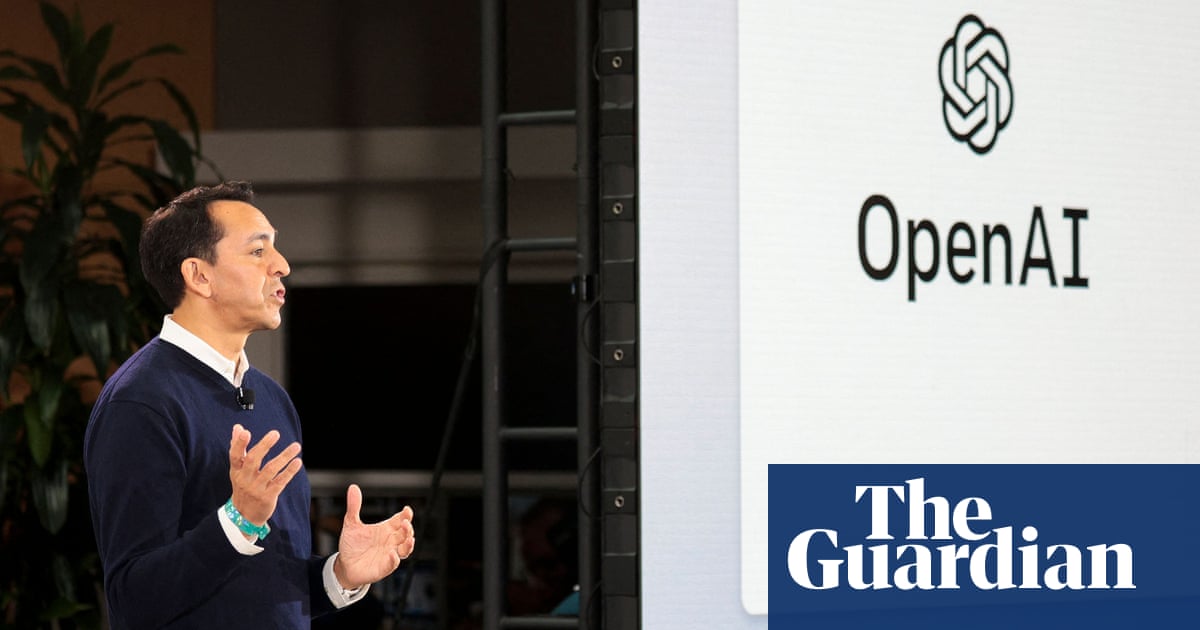The AI industrial revolution puts middle-class workers under threat this time

The AI industrial revolution is transforming the global economy, putting middle-class workers at risk of being displaced. This trend has been accelerated by the rapid advancement of artificial intelligence and automation technologies, which are increasingly being used to replace humans in a wide variety of industries. In the most extreme cases, this displacement could push many of those in the middle class into poverty and increase economic inequality.
The rise of AI has had an effect on employment across multiple sectors. For instance, automation technology has made it more efficient and cost-effective for large companies to replace manual labor with machines and software. This has caused considerable disruption for certain industries like manufacturing and transportation, where many jobs have become obsolete. At the same time, new opportunities are emerging as AI is increasingly being used to develop sophisticated products and services that require skilled labor.
However, the impact of AI has been especially pronounced in the service sector, where job displacement is likely to be most acute. Companies such as Amazon and Walmart are already using robots to automate the repetitive tasks of their employees. Furthermore, service providers such as Uber and Lyft are using algorithms to assign customers to drivers efficiently. As a result, many middle-class workers who were once employed in these industries are struggling to find replacement roles.
The trend towards greater automation could also lead to a further decrease in wages for those who remain employed in the service sector. With fewer positions available and employers able to choose from a larger pool of potential workers, there will be increased competition for jobs and reduced bargaining power for individuals.
In addition, AI could have a long-term impact on the macroeconomic environment. Many economists believe that the introduction of automation technologies could lead to a structural shift in the economy, where jobs once occupied by people are replaced by machines, leading to a decreased demand for labor. This could further reduce the incomes of the middle class, making it harder for them to maintain their standard of living.
Ultimately, the AI industrial revolution presents both risks and opportunities for the middle class. While some will benefit from the emerging opportunities, many others face the prospect of job displacement and wage stagnation. To ensure that the benefits of this technological advance are shared equally, governments must step up to provide support for those adversely affected and create policies to ensure that all citizens can share in the gains generated by the AI revolution.
Read more here: External Link